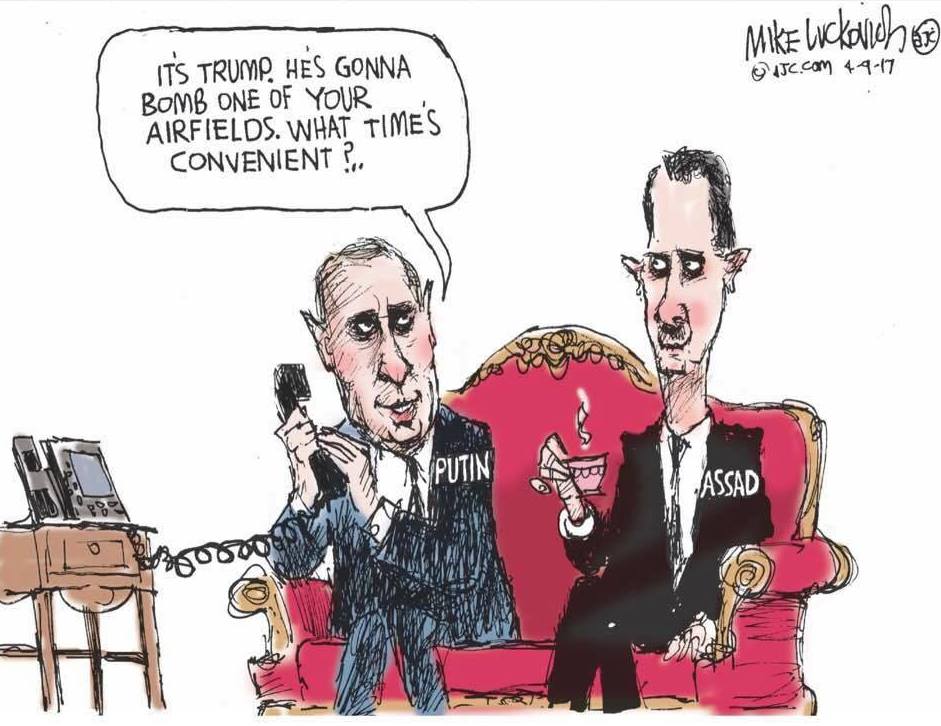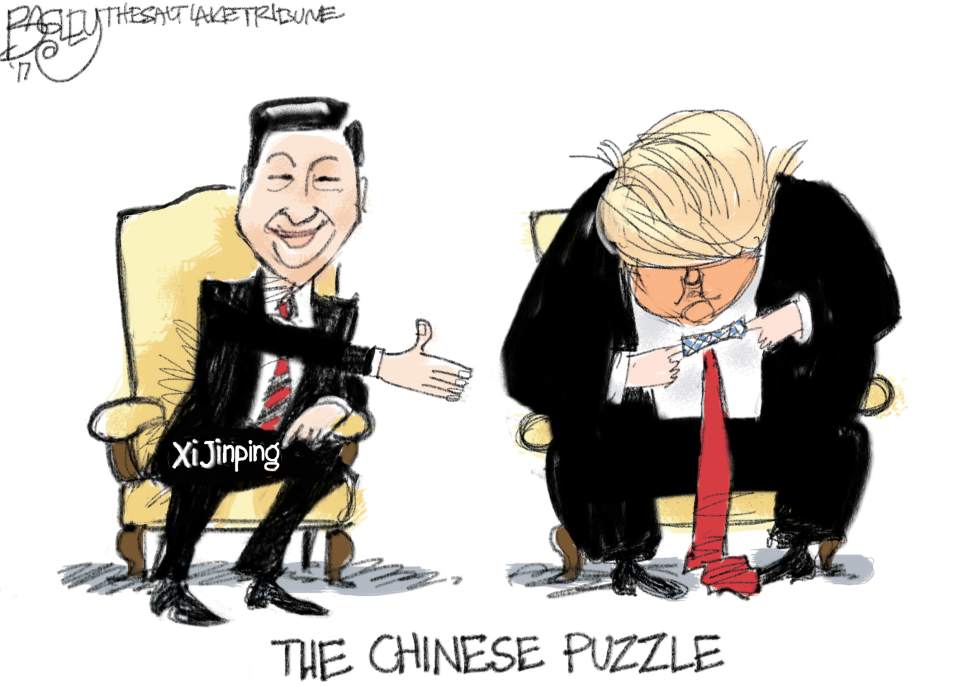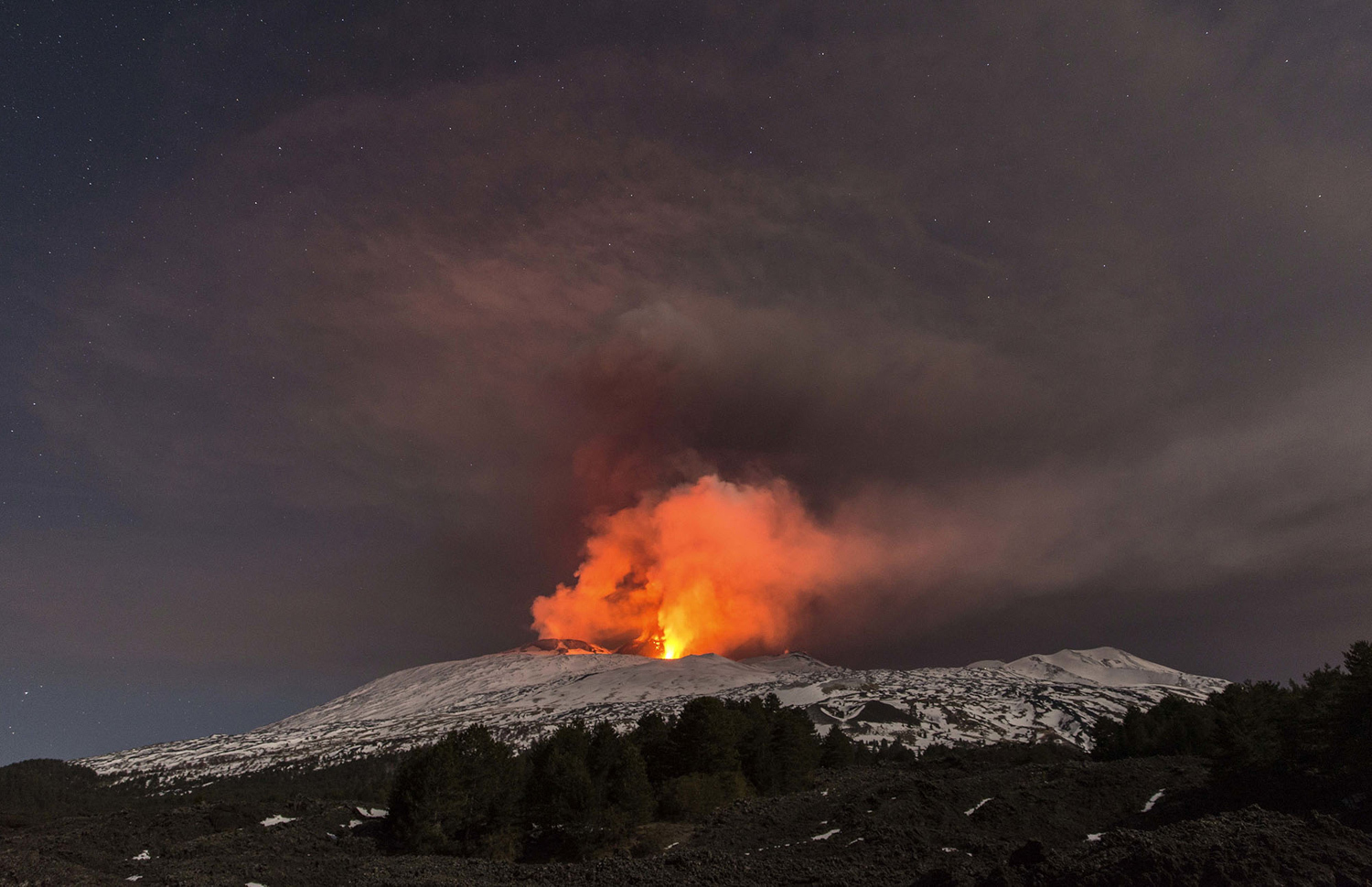The Daily Escape:

The Neon Museum at night, Las Vegas, NV – March 2023 photo by Linda Hoggard Henderson
The US confirmed Thursday that it had struck an Iranian-backed group in northeastern Syria after it launched a drone attack against a US base in Syria, killing one US contractor and injuring another along with five US troops. On Friday, the Iran proxy forces launched seven rockets at a US base in northeast Syria on Friday in retaliation.
Wait. We’re still in Syria? Yep, the US still maintains about 900 troops in Syria after Trump ordered the withdrawal of roughly 2,000 in 2018. Video footage indicates that the strike was in Deir Ez-Zor, a Syrian province that borders Iraq and contains significant oil fields.
We entered Syria uninvited in 2015. Our invasion was based on two ideas, one commendable and the other disastrously stupid from the start.
We were misguided in our effort to identify, train and equip the local “good jihadis” to take on the Syrian government. These so-called good jihadis understood we were gullible dupes from day one. It turned out that all we accomplished was to supply better weapons to ISIS.
The commendable effort was our direct support of the Rojava Kurds in their existential battle against the ISIS jihadis. We had experience fighting with them against ISIS in Iraq. We weren’t invited by Syria to help the Rojava Kurds, but it was a fight against a mutual enemy. And at the time, Syria exercised no control in the region.
The main fighting was by the People’s Protection Units (YPG) of the Rojava Kurds. We entered the conflict by conducting airstrikes aimed at Kobani and embedding two Special Forces teams with the YPG, who later captured Kobani.
Our tiny presence with the YPG metastasized into creation of the Syrian Defense Force (SDF). Now, it’s clear that we have stayed too long. We should have been preparing the YPG and SDF for integration into the Syrian Arab Army (SAA). We failed to do that, and we remain there because we promised both groups we’d stand by them, stoking their false hopes of independence from Syria.
We don’t belong there anymore than the Russian Army belongs in Ukraine. Like Ukraine, Syria is a sovereign state and can choose whomever it wants to align with, and who it doesn’t.
How can we demand that Russia exit Ukraine’s sovereign territory while we remain in Syria, uninvited?
We should leave. With all that’s going on elsewhere, taking Syria off the table should be a no-brainer for Biden. We should coordinate our leaving with Syria and the Russians, so as not to be seen as disappearing into the night.
On the way out the door, we need to make it clear to the Rojava Kurds and the SDF that we’re going to leave, and that now they must negotiate an accommodation with the Syrian government.
That’s enough geopolitics for this week. It’s time for our Saturday Soother. Wrongo and Ms. Right are just back from Napa Valley and our granddaughter’s wedding. And Spring has sprung here on the fields of Wrong. It’s already clear that Wrongo is behind on his annual spring cleanup. The woods are taking on the vague red color of new buds, and our Bradford Pear also has buds. Yesterday, we put out our Bluebird nesting boxes.
Let’s relax for a few minutes and center ourselves before next week brings us another political atrocity, like the firing of a Florida school principal after three parents complained about an art teacher showing a picture of Michelangelo’s 16th century sculpture of David. Time to get fig leaves put on all the statues in Florida.
Let it go. Now, sit in your favorite chair and watch and listen to Alana Youssefian and the Voices of Music perform “Spring” from Vivaldi’s Four Seasons on original instruments used in Vivaldi’s time. This features Youssefian playing a baroque violin. They bring life to this Vivaldi old favorite that you’ve heard many times, making it something fun, and joyful. It’s definitely worth your time:














